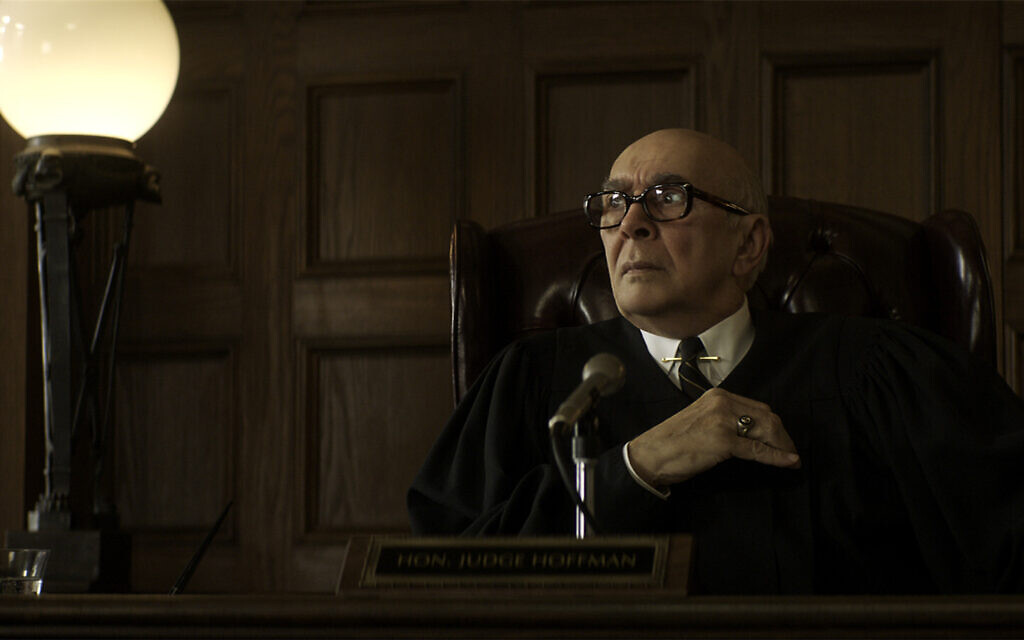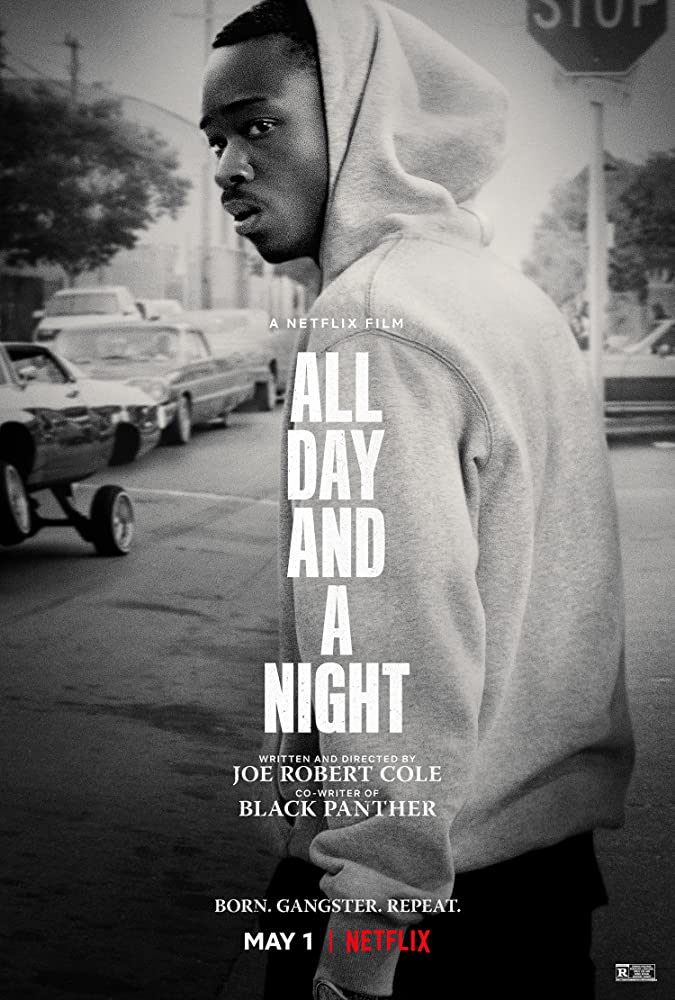The Matrix ranks very high on my list of favourite films. But I have always wished the series stopped there. To put it politely, the Matrix Reloaded and The Matrix Revolutions were not very good, and as far as my lists go, they only rank very high on my list of unnecessary sequels. Given that trend, it seemed inevitable that The Matrix Resurrections would be nothing more than another unnecessary entry in the franchise. And yet, The Matrix Resurrections feels surprisingly worthwhile, feeding viewers’ nostalgia by making that yearning the core of the film.
Thomas Anderson (Keanu Reeves) is the creator of a massively successful videogame trilogy about the Matrix, a virtual world created by machines to hold humans captive. Thomas (a.k.a. Neo) has everything he could have wanted, but can’t escape the feeling that something is not quite right with his world. So when a stranger (Jessica Henwick) offers him the choice of escaping to the “real world”, you know he’s going to take it, if only to find out how deep the rabbit hole goes.
Except for the up-front reference to the Matrix as a video game concept, the plot is literally copied and pasted from the first film. Those similarities work in the Matrix’s world since we were told in the first trilogy that Neo’s adventures were not the first time around even then. What is confusing to Neo is that he, like the audience, thought he had broken the cycle by making different choices than his predecessors and ultimately by sacrificing himself to save humans and machines alike from the malevolent Agent Smith.
One key difference between this film and Neo’s last adventure is his focus. This time, he’s not trying to save humanity. He’s only trying to rescue Trinity (Carrie-Anne Moss) from the Matrix. That narrow mission is a welcome change from the previous two entries in the series, which had so many moving parts that they left Neo and Trinity offscreen for extended periods of time. In the original trilogy we were repeatedly told their love for each other made Neo different from his predecessors so it feels right that this time, Neo’s mission is to save their relationship.
No other stakes than that are needed. For Neo, saving his love is enough, as it should be. It’s refreshing that writer-director Lana Wachowski was able to resist the “bigger is better” ethos that all-too-frequently derails sequels (Venom: Let There Be Carnage shows how easy it is for a sequel to lose sight of what made the first movie succeed). Happily, that choice is what makes The Matrix Resurrections worthwhile, not just because it avoids the sequel trap, but because in doing so it gives us the chance to move past the other sequels to a world that feels limitless (mirroring the end of the first film). We finally have a satisfying end to Neo and Trinity’s story.
Now please leave it that way. #nomoresequels




 of the novel by Camilla Gibb, and of course I read it myself about 500 books ago. I have little memory of it, but had the vague impression of not having appreciated it much.
of the novel by Camilla Gibb, and of course I read it myself about 500 books ago. I have little memory of it, but had the vague impression of not having appreciated it much.